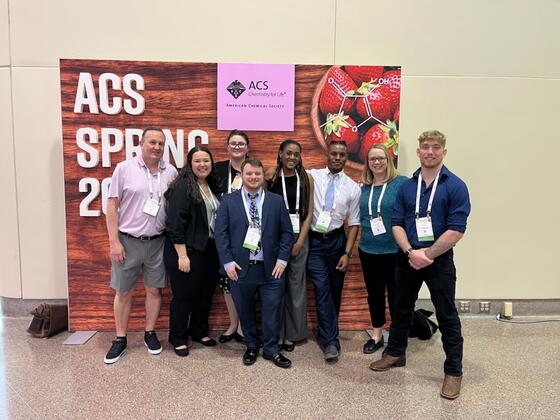Biochemistry
In sci-fi movies, biochemists are the characters standing over samples of alien tissue announcing that they’ve never seen cells divide so fast—and that we’re all in a lot of trouble. While that’s a little far-fetched, Biochemistry actually does prepare you to study the chemical functions that make life—in all its forms—possible.
Mortarboard
Degree Types
Major
Institution
Complementary Programs
Heart
Distinctive Requirements
Capstone
Document
Graduate School Preparation
Pre-Med & PhD
The McDaniel Commitment in Action

Meet a Green Terror Class of 2024: Dalton A. Pearl Anything is Possible









